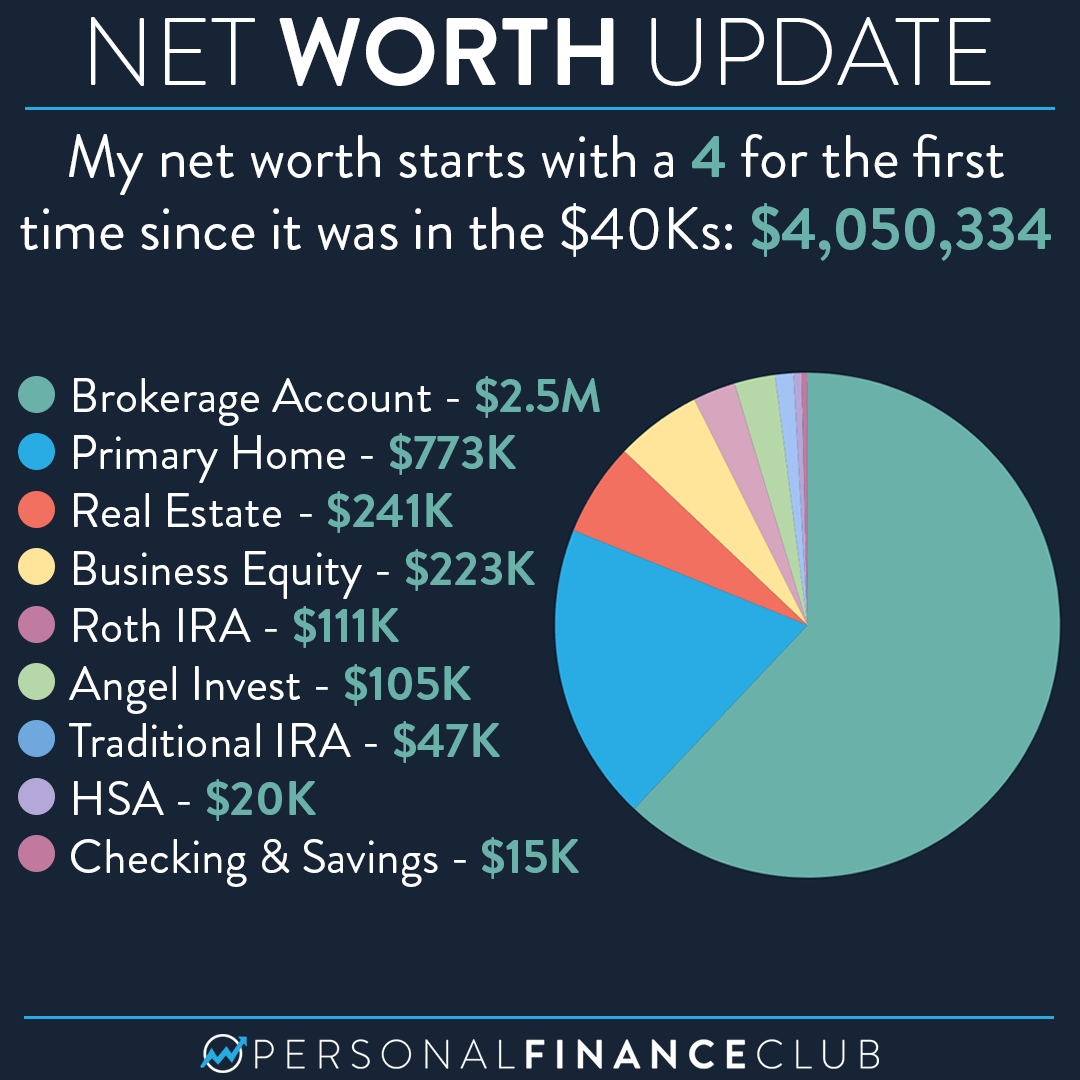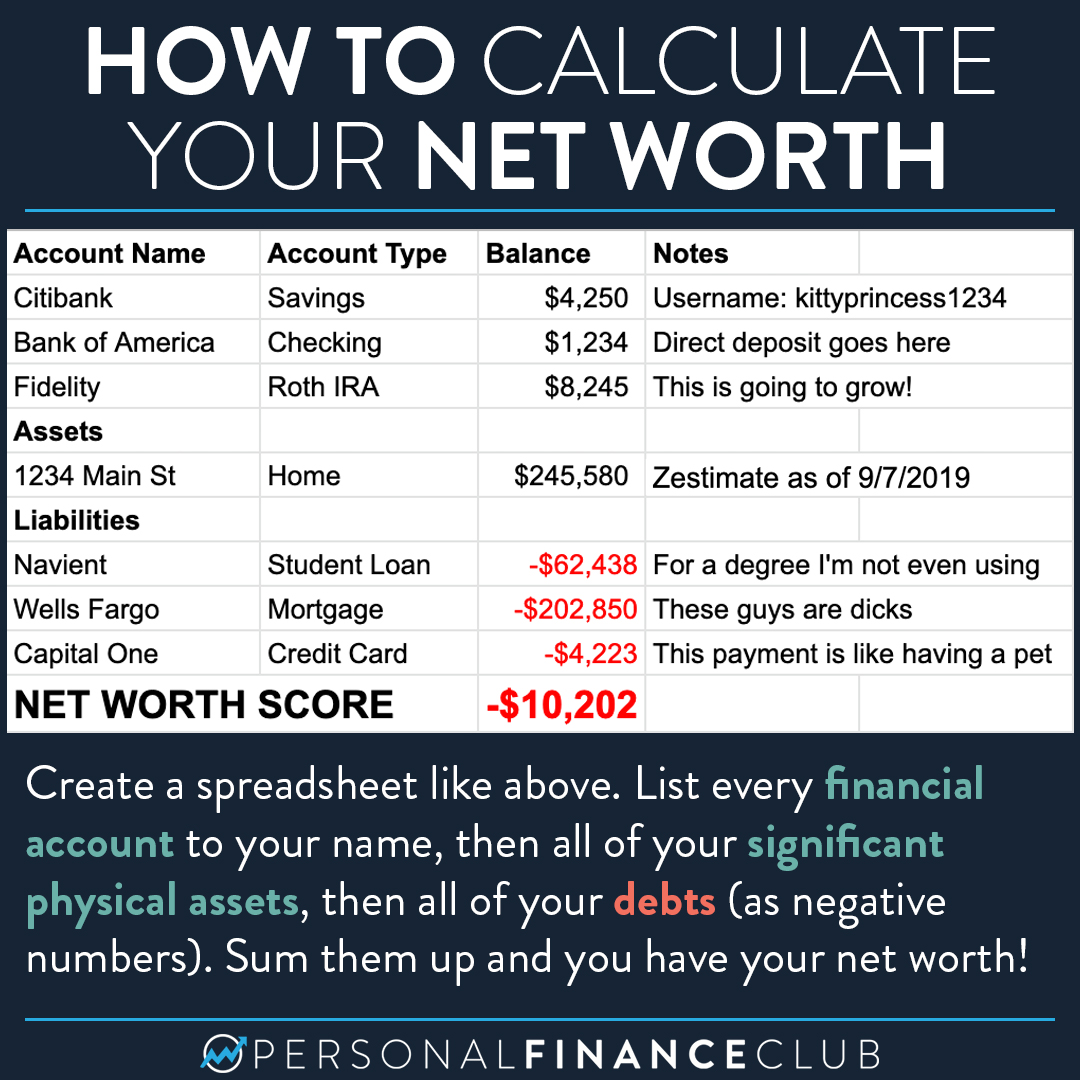Have you ever wondered what becomes of those innovative ideas you see on television, especially after a big moment like a Shark Tank appearance? Sometimes, the journey takes an unexpected turn, and the initial excitement shifts into a different kind of story. We often hear about the big wins, but there are also tales of ventures that, for various reasons, don't quite make it. It’s a bit like watching a race; you see the start, and then you want to know who finishes, or what happens if someone stops along the way. Today, we're looking into one such story, specifically focusing on the financial picture of a brand called Minus Cal, and what its "net worth" actually meant, especially after its time on the popular show. It’s a chance to really see the ups and downs of a business idea.
When a company steps onto a national stage, like the Shark Tank set, there's a lot of talk about its potential, its dreams, and of course, its financial standing. For Minus Cal, this was certainly the case. People often hear a number, a valuation, and that becomes the main thing they remember. But, as we will explore, a valuation isn't always the whole story, and it doesn't necessarily reflect the actual cash in the bank or the long-term success. It’s rather a snapshot, a moment in time, of what someone thinks the company could be worth.
So, what was the real deal with Minus Cal's financial standing? What was its net worth, and how did that number come about? And, perhaps most importantly, what became of the company itself? We will get into all of that, looking at the numbers, the claims, and the ultimate outcome for this protein bar company that once hoped to change how we think about fat absorption. It’s a story that, in a way, offers some lessons about the business world and what it takes to really make something last.
Table of Contents
- Minus Cal's Story and Shark Tank Pitch
- The $2.5 Million Valuation Explained
- Understanding Net Worth for Startups
- What Happened to Minus Cal After Shark Tank?
- Lessons from Minus Cal's Journey
- Frequently Asked Questions About Minus Cal
Minus Cal's Story and Shark Tank Pitch
Minus Cal was a company with a rather bold idea: a protein bar that, according to its founders, could block the body from taking in fat. This concept was certainly something that caught attention, especially in the health and wellness market, which is always looking for the next big thing. The founders, Crom Carmichael and Barrett Jacques, had a vision for their product, seeing it as a way to help people manage their weight or just feel better about their eating habits. They believed in what they were creating, and that belief led them to a very big stage.
Their appearance on Shark Tank was a pivotal moment for the company. They stepped before the investors, hoping to secure a deal that would help them grow their business significantly. For their pitch, they asked for a sizable investment: $500,000 in exchange for 20% of their company. This request, in effect, put their company's valuation at $2.5 million. It was a clear statement of what they thought their business was worth at that very moment, a projection of its future success, or so it seemed. The pitch, as is often the case on the show, involved a lot of discussion, questions, and, in some respects, a bit of back-and-forth about the science and the business model.
Despite their innovative idea and their confident presentation, Minus Cal, sadly, didn't manage to secure a deal with any of the Sharks. This outcome, while disappointing for the founders, is not uncommon on the show. Investors on Shark Tank are very particular; they look for not just a good idea, but also solid revenue figures, a clear path to profitability, and a strong understanding of the market. For Minus Cal, even with its interesting concept, the Sharks just didn't see enough to convince them to put their money into the venture. It’s a tough environment, and sometimes, even a good idea just isn't enough to sway those seasoned business minds.
The $2.5 Million Valuation Explained
When Minus Cal's founders, Crom Carmichael and Barrett Jacques, stepped onto the Shark Tank stage, they stated their company was valued at $2.5 million. This number came from their request for $500,000 for a 20% stake. If $500,000 represents 20% of the company, then to find the total value, you just multiply $500,000 by five (since 20% times five equals 100%). This kind of calculation is fairly common in early-stage investing. It’s how founders put a price tag on their dreams, so to speak, when they are looking for money. The valuation, in this context, was what they believed their company was worth to an investor at that specific time, based on their product, their potential, and perhaps a bit of hope for the future.
It's important to really understand that a company's valuation, especially for a startup, is not the same as its actual net worth in the traditional sense. Net worth, for a business, is usually calculated by taking all of its assets (what it owns, like cash, equipment, inventory) and subtracting all of its liabilities (what it owes, like debts, bills). For a company like Minus Cal, which was likely very early in its journey and didn't reveal any revenue figures during its pitch, the $2.5 million was more of a projected value, a figure based on future potential rather than current financial strength. It was, in some respects, a hopeful number, reflecting what they hoped to achieve.
The founder's claim of a $2.5 million valuation during the Shark Tank appearance was a key part of their pitch. However, without any disclosed revenue figures, this valuation was based largely on the perceived innovation of their protein bar and the potential size of the market they aimed to enter. This is a very common situation for startups; they often have a high valuation based on an idea, but very little in terms of actual sales or profit to back it up. The Sharks, for their part, were looking for more concrete evidence of success or a clearer path to making money. It’s a bit like buying a house based on how pretty it looks, rather than getting a full inspection. They wanted the inspection, so to speak.
So, while the $2.5 million figure was certainly a talking point, it didn't represent a tangible amount of money that Minus Cal had in the bank or a robust financial standing built on years of sales. It was, quite simply, the price tag they put on their company for the purpose of seeking investment. This distinction is really quite important when you are thinking about how businesses are valued, particularly those just starting out. It's often more about what might be, rather than what already is, at that early stage.
Understanding Net Worth for Startups
For a startup like Minus Cal, figuring out its true net worth can be a bit different from what you might expect for a long-established company. When we talk about net worth for a business, it's basically a simple calculation: you take everything the company owns, which are its assets, and then you subtract everything it owes, which are its liabilities. Assets might include cash, equipment, inventory of products, or even intellectual property like patents. Liabilities could be loans, unpaid bills, or money owed to suppliers. The number you get after subtracting is the net worth. It’s a bit like looking at your own bank account and bills to see what you actually have left.
However, for a new company, especially one that hasn't started making a lot of money yet, the assets might be limited. They might have some initial capital, maybe some equipment for making their product, and the value of their idea or brand name. But they also might have debts from getting started, like money borrowed to develop the product or to pay initial staff. This means that a startup's actual net worth, calculated in this traditional way, could be quite low, or even negative, especially in its very early days. It’s not unusual for a new venture to be "in the red" for a while as it gets off the ground.
The concept of "valuation" for a startup, which was mentioned for Minus Cal, is really quite different from its actual net worth. Valuation is often a forward-looking number. It's what investors believe the company could be worth in the future, based on its potential for growth, its innovative product, the size of its market, and the strength of its team. This is why a startup with little to no revenue might still have a valuation in the millions. It's about what it could become, rather than what it currently is. For Minus Cal, their $2.5 million valuation was a projection of future success, a hopeful number, rather than a reflection of current profits or a large accumulation of assets. It’s more of a gamble on potential, you know, rather than a sure thing.
So, when you hear about a startup's high valuation, it's really important to remember that it doesn't necessarily mean the company has a lot of cash or is already very profitable. It simply means that, at that moment, someone (or the founders themselves) believes it has the potential to be worth that much down the road. The actual net worth, using the assets minus liabilities calculation, could be a much smaller number, or as mentioned, even negative. This distinction is quite important for anyone trying to understand the financial side of new businesses. It helps to keep things in perspective and understand the real financial picture, which, in some respects, is often more complex than a single number suggests.
What Happened to Minus Cal After Shark Tank?
After their appearance on Shark Tank, where they sought investment but didn't get a deal, the story of Minus Cal took a rather definitive turn. While many companies hope for a boost in sales and recognition just from being on the show, even without an investment, Minus Cal's journey didn't follow that path for very long. The product was sold for a period after the show aired, but it seems that momentum was not sustained in the way the founders might have hoped. It’s a bit like a fire that starts bright but then slowly fades away, you know?
The unfortunate truth about Minus Cal is that it is no longer in business anymore. The company is no longer operational, and its products are not available for sale. This means that the innovative protein bars that Crom Carmichael and Barrett Jacques had envisioned, those designed to block fat absorption, are simply not on the market today. This outcome, while disappointing for those who might have been interested in the product, is a stark reminder of the challenges that even promising startups can face in the competitive business world. It’s a tough road for any new venture, and sometimes, despite a good idea, things just don't work out.
The fact that Minus Cal is no longer operational means that its previous valuation of $2.5 million, which was discussed during its Shark Tank debut, is now a historical figure. It represents what the company was valued at during a specific point in time, based on its potential, but it doesn't reflect its current financial standing, which, in essence, is zero as an active business. This situation underscores the difference between a company's valuation, which can be a hopeful projection, and its actual long-term viability and success. A valuation is a snapshot, but the real story unfolds over time. For Minus Cal, that story, sadly, ended with the company closing its doors. It’s a bit of a somber ending to what started as a very hopeful venture, really.
The journey of Minus Cal serves as a powerful example that a strong valuation or an appearance on a popular show doesn't guarantee long-term success. Many factors contribute to a company's survival and growth, including effective management, sufficient funding, market acceptance, and the ability to scale production and distribution. For Minus Cal, it seems that these elements didn't align in a way that allowed the business to continue thriving. It’s a common tale in the world of startups, where many ideas flourish briefly but then struggle to find a permanent place in the market. You see, the market is a very demanding place, and only the most resilient often survive. You can learn more about startup challenges on other business sites, for example.
Lessons from Minus Cal's Journey
The story of Minus Cal, from its hopeful pitch on Shark Tank to its eventual closure, offers some very clear lessons for anyone interested in business or entrepreneurship. One of the biggest takeaways is the difference between a company's valuation and its actual, sustainable success. Minus Cal was valued at $2.5 million during its Shark Tank appearance, a number based on its innovative product and market potential. However, as we have seen, this valuation didn't translate into a long-lasting business. It's a bit like having a very fancy car that looks great but then runs out of gas very quickly. The appearance can be deceiving, in some respects.
Another important lesson is the critical role of revenue and a clear business model. The "My text" tells us that no revenue figures were revealed during Minus Cal's Shark Tank pitch. This lack of proven sales or a clear path to making money was likely a significant factor in why the Sharks didn't invest. Investors, especially on a show like Shark Tank, are looking for businesses that can demonstrate not just a good idea, but also the ability to generate income and grow profitably. A great concept is a start, but without a way to turn that concept into consistent sales, it's very difficult to build a sustainable company. You know, money has to come in for things to really work out.
The Minus Cal story also highlights the challenges of bringing a new product to market, especially one with unique claims like blocking fat absorption. Even with a novel idea, there are hurdles like production, distribution, marketing, and gaining consumer trust. It's not enough to just have a product; you need a robust plan to get it into people's hands and keep them buying it. This involves a lot of moving parts, and if any of them falter, the whole operation can struggle. It’s a very complex dance, in a way, to keep a business going.
Finally, the fact that Minus Cal is no longer in business reminds us that failure is a common part of the entrepreneurial landscape. Not every venture succeeds, and many innovative ideas, despite their initial promise, simply don't make it in the long run. This isn't necessarily a reflection on the founders' effort or the quality of their initial idea, but rather the harsh realities of the market. It’s a tough environment out there, and success often requires a combination of a great product, smart business decisions, sufficient funding, and a bit of luck. The Minus Cal journey, therefore, serves as a valuable case study in the unpredictable nature of startups. You can learn more about business growth on this page, and also learn more about entrepreneurship on our site.
Frequently Asked Questions About Minus Cal
What was Minus Cal's net worth during its Shark Tank appearance?
During its appearance on Shark Tank, Minus Cal's founders, Crom Carmichael and Barrett Jacques, stated that their company was valued at $2.5 million. This valuation was based on their request for $500,000 in exchange for a 20% stake in the company. It’s important to remember that this was a valuation, a projected worth, and not necessarily the company's actual net worth in terms of assets minus liabilities at that specific time, especially since no revenue figures were revealed. It was a bit of a hopeful number, you know, reflecting potential.
Did Minus Cal get a deal on Shark Tank?
No, Minus Cal did not secure a deal with any of the investors on Shark Tank. Despite their pitch and the stated $2.5 million valuation, the founders, Crom Carmichael and Barrett Jacques, were unable to convince the Sharks to invest in their fat-blocking protein bar. This outcome, while disappointing for the team, is not uncommon on the show, as investors look for very specific criteria before committing their money. It’s a tough crowd to impress, really.
Is Minus Cal still in business today?
No, Minus Cal is no longer in business. The company is not operational anymore, and its products are not available for sale. After its appearance on Shark Tank, the product was sold for a period, but the business eventually ceased operations. This means that the Minus Cal protein bars are no longer being produced or sold, marking the end of the company's journey. It’s a bit sad, really, when a business just doesn't make it in the long run.



